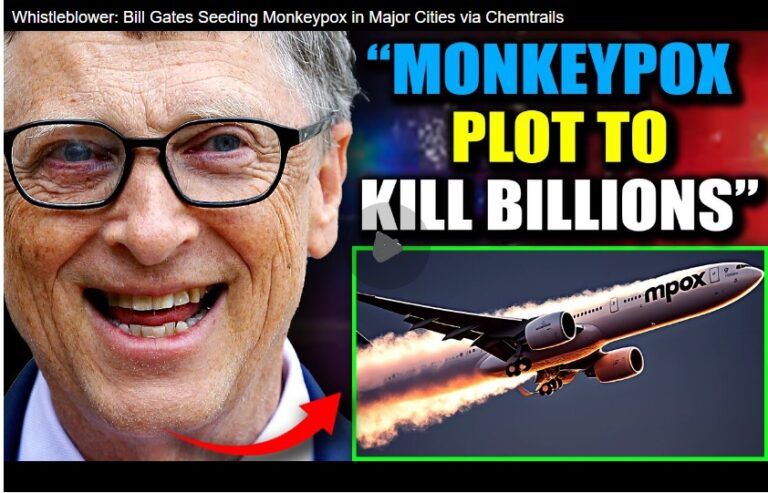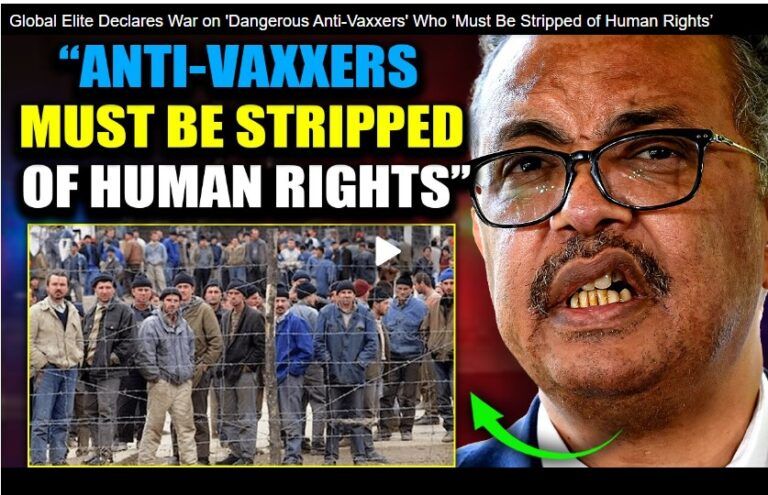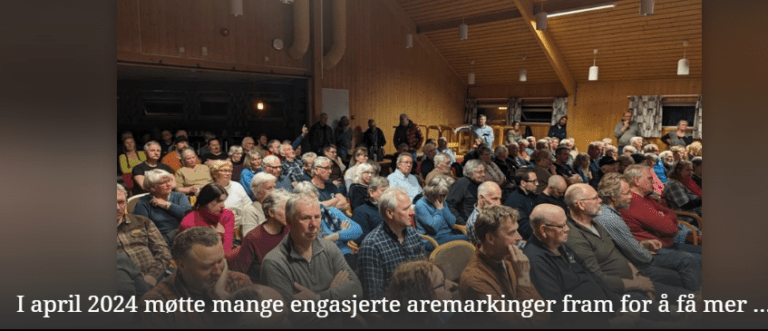Designed to reflect inclusive and effective governance and operating arrangements with high standards of transparency and accountability; hosted by the World Bank with technical leadership from WHO
WASHINGTON, September 9, 2022—The new financial intermediary fund (FIF) for pandemic prevention, preparedness, and response (PPR) was officially established by the FIF Governing Board at its inaugural meeting from September 8-9, 2022.
The fund will provide a dedicated stream of additional, long-term financing to strengthen PPR capabilities in low- and middle-income countries and address critical gaps through investments and technical support at the national, regional, and global levels. T he fund will draw on the strengths and comparative advantages of key institutions engaged in PPR, provide complementary support, improve coordination among partners, incentivize increased country investments, serve as a platform for advocacy, and help focus and sustain much-needed, high-level attention on strengthening health systems.
The first calls for proposals for investments to be funded by the FIF will open in November 2022.
“COVID-19 has highlighted the pressing need for action to build stronger health systems,” said World Bank Group President David Malpass. “Investing now will save lives and resources for the years to come. We welcome the broad support from the international community for this new, multilateral financial intermediary fund at the World Bank to help low- and middle-income countries and regions become better prepared for global health crises and are pleased to have been able to proceed quickly in establishing the fund.”
The fund’s establishment follows approval by the World Bank’s Board of Directors on June 30, 2022. The World Bank will serve as the FIF’s trustee and host the Secretariat, which will include technical staff seconded from the World Health Organization (WHO). The Governing Board will appoint a Technical Advisory Panel, chaired by WHO, and comprising leading experts to assess and make recommendations to the Governing Board on the technical merits of proposals for funding, ensuring linkages to the International Health Regulations, as part of the broader global PPR architecture.
“The COVID-19 pandemic has been a seismic shock to the world, but we also know that the next pandemic is a matter of when, not if,” said WHO Director-General, Dr Tedros Adhanom Ghebreyesus. “The suffering and loss we have all endured will be in vain unless we learn the painful lessons from COVID-19 and put in place the measures to fill critical gaps in the world’s defences against epidemics and pandemics. The FIF is one of those key measures, and WHO looks forward to fulfilling its technical leadership role in advising the FIF Board on where to make the most effective investments to protect health, especially in low- and middle-income countries.”
The new fund is overseen by a Governing Board, which will set the overall work program and make funding decisions. The FIF’s Governing Board includes equal representation of sovereign donors and potential implementing country governments (co-investors), as well as representatives from foundations and civil society organizations (CSOs).
The World Bank and WHO will intensify their work with the Governing Board in consultation with CSOs and other stakeholders, to help operationalize the fund and develop the FIF results framework and priorities in the run up to the first call for proposals.
FIF financing could help strengthen and sustain PPR capacity in areas such as zoonotic disease surveillance; laboratories; emergency communication, coordination and management; critical health workforce capacities; and community engagement. FIF-financed projects can also help strengthen PPR at the regional and global levels, for example, by building capacity for medical countermeasures. The FIF can support peer-to-peer learning, provide targeted technical assistance, and help with the systematic monitoring of PPR capacities.
The FIF was developed with broad support from members of the G20 and beyond. Over US$1.4 billion in financial commitments have already been announced and more are expected in the coming months. So far, commitments have been made by Australia, Canada, China, the European Commission, France, Germany, India, Indonesia, Italy, Japan, Republic of Korea, New Zealand, Norway, Singapore, South Africa, Spain, the United Arab Emirates, the United Kingdom, the United States, the Bill & Melinda Gates Foundation, the Rockefeller Foundation, and Wellcome Trust.












+ There are no comments
Add yours